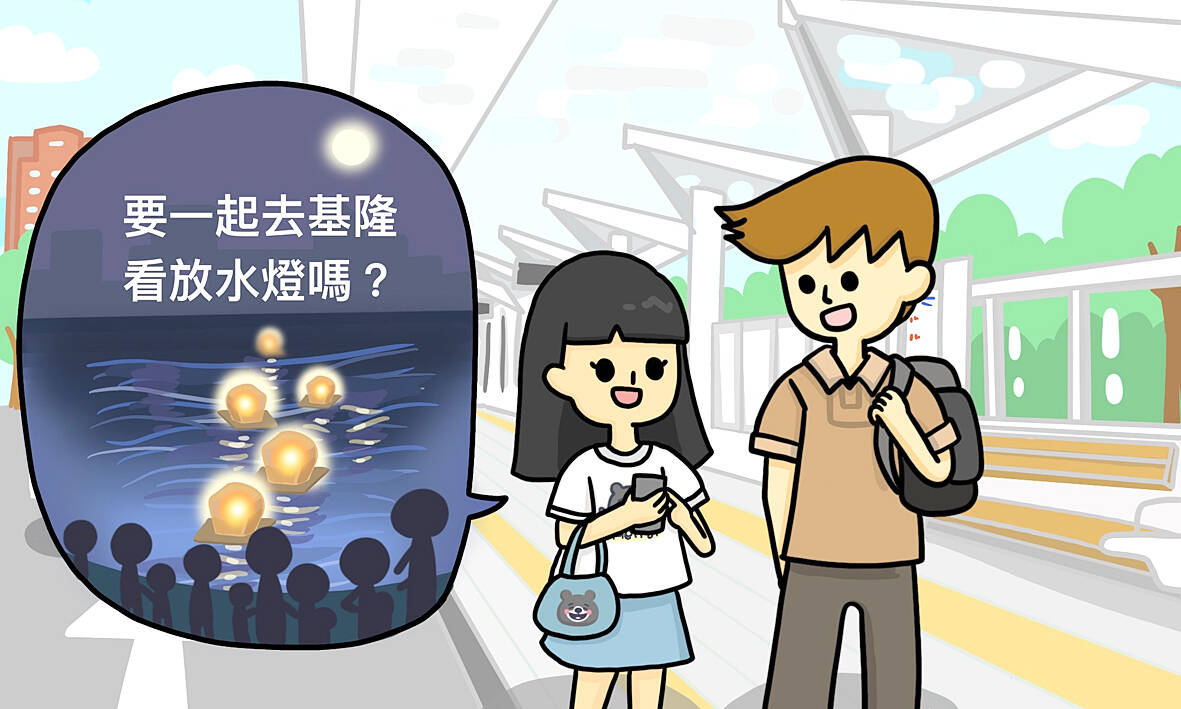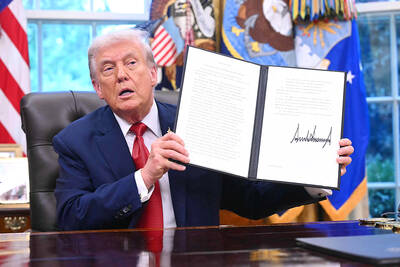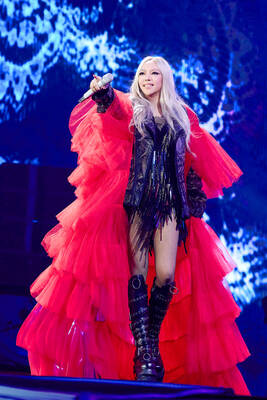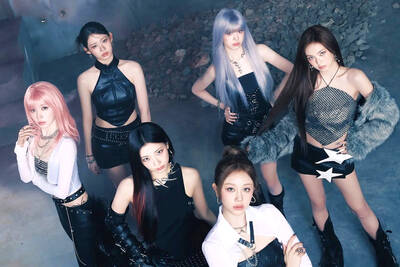對話 Dialogue
小實:馬克,我和明文要去基隆看放水燈遊行,你要一起去嗎?
Xiǎoshí: Mǎkè, wǒ hàn Míngwén yào qù Jīlóng kàn fàng shuǐdēng yóuxíng, nǐ yào yìqǐ qù ma?

馬克:「放水燈遊行」?那是什麼?
Mǎkè: “Fàng shuǐdēng yóuxíng”? Nà shì shénme?
小實:就是在放水燈以前,先給大家看看不同的水燈造型,還會有一些表演。
Xiǎoshí: Jiùshì zài fàng shuǐdēng yǐqián, xiān gěi dàjiā kànkàn bùtóng de shuǐdēng zàoxíng, hái huì yǒu yìxiē biǎoyǎn.
馬克:哦,那「放水燈」是什麼?
Mǎkè: Ó, nà “fàng shuǐdēng” shì shénme?
小實:我們會把紙做的東西放到水上,然後燒起來,讓它在水上看起來亮亮的。
Xiǎoshí: Wǒmen huì bǎ zhǐ zuò de dōngxi fàng dào shuǐshàng, ránhòu shāo qǐlái, ràng tā zài shuǐshàng kàn qǐlái liàng liàng de.
馬克:我看過影片,原來那叫「放水燈」。
Mǎkè: Wǒ kànguò yǐngpiàn, yuánlái nà jiào “fàng shuǐdēng”.
小實:對啊!這樣子找不到路的祖先或是鬼魂就可以找到回來的路了。
Xiǎoshí: Duì a! Zhèyàngzi zhǎo búdào lù de zǔxiān huòshì guǐhún jiù kěyǐ zhǎodào huílái de lù le.
馬克:好,我知道中元節也是祭祀祖先的節日,我跟你們去看看放水燈遊行吧。
Mǎkè: Hǎo, wǒ zhīdào Zhōngyuánjié yěshì jìsì zǔxiān de jiérì, wǒ gēn nǐmen qù kànkàn fàng shuǐdēng yóuxíng ba.
翻譯 Translation
Xiaoshi: Mark, Mingwen and I are going to Keelung to watch the water lanterns parade. Do you want to go together?
Mark: “Water lanterns parade”? What is that?
Xiaoshi: Before releasing the water lanterns, they will show you different water lanterns’ shapes, and there will be some performances as well.
Mark: Oh, then what is the “water lantern”?
Xiaoshi: We will put the things made of paper on the water, and then burn it to make it look shiny on the water.
Mark: I’ve seen that in a video, so that’s what a “shuǐdēng” (water lantern) is.
Xiaoshi: Yes! In this way, ancestors or ghosts who don’t know where to go can find their way back.
Mark: Well, I know that the Chungyuan Festival is also a festival for worshiping ancestors. I’ll go with you to see the water lantern parade.
單字片語 Vocabulary
1. 放水燈 (fàng shuǐdēng) water lantern
2. 遊行 (yóuxíng) procession, parade
3. 造型 (zàoxíng) modeling, shapes
4. 表演 (biǎoyǎn) to perform; performance
5. 燒 (shāo) to burn
6. 祖先 (zǔxiān) ancestor
7. 鬼魂 (guǐhún) ghost
8. 中元節 (Zhōngyuán jié) the Ghost Festival (Chungyuan Festival)
9. 祭祀 (jìsì) to worship
教材音檔 Audio Files
教材影片 Video Files:
https://www.instagram.com/celc.nou_tw/guide/_/17999106352646292/
實踐大學華語中心提供
By Shih Chien University Chinese Language Center: https://chineseusc.com/

The content recommendation algorithm that powers the online short video platform TikTok has once again come under the spotlight after the app’s Chinese owner ByteDance signed binding agreements to form a joint venture that will hand control of operations of TikTok’s US app to American and global investors, including cloud computing company Oracle. Here is what we know so far about its fate, following the establishment of the joint venture. IS BYTEDANCE CEDING CONTROL? While the creation of this new entity marks a big step toward avoiding a US ban, as well as easing trade and tech-related tensions between Washington and Beijing, there

A: Happy New Year! I can’t believe it’s 2026 already. Where did you count down? B: I went to pop singer A-mei’s Taitung concert yesterday for the New Year’s countdown. How about you? A: I went to rock band Mayday’s Taichung concert yesterday. Going to their New Year’s shows has become a holiday tradition for me. B: Don’t forget, we’re also going to Jolin Tsai’s show tonight. It’s her first perfomance at the Taipei Dome. A: Yeah, that’s right. It’s great to start the year with good friends and good music. A: 新年快樂!我真不敢相信都已經2026年了。你昨天去哪跨年啦? B: 我昨天去了流行天后張惠妹的台東演唱會,還和她一起跨年倒數。那你呢? A:

Prompted by military threats from Russia, Denmark has recently passed a new conscription law, officially including women in its military draft for the first time. From July 1, 2025, Danish women, upon turning 18, will be entered into the draft lottery. If selected, they are to serve in the military for 11 months, just as men do. Not only has this decision attracted international attention, but it has also sparked discussions on gender, equality and national defense. Although Denmark’s reform appears to promote gender equality, it primarily responds to regional instability and the need to strengthen national defense. With

A: Apart from Taiwan’s A-mei, Mayday and Jolin Tsai, there are many foreign singers coming to Taiwan early this year. B: The South Korean girl group Babymonster are playing two shows at Taipei Arena starting from tonight. Who else is coming to Taiwan? A: Other artists include Australian band Air Supply, K-pop superstar Rain, boy group Super Junior, TXT, US singers Giveon and Josh Groban, and Irish boy group Westlife. B: Air Supply was the first foreign band to come to Taiwan in 1983, and they’re probably the most frequently visiting group too. A: As the year is beginning